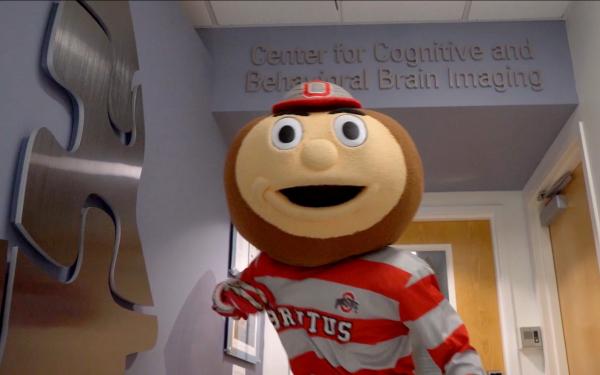Introducing the CCBBI
Established in 2011, the Center for Cognitive and Behavioral Brain Imaging (CCBBI) stands as an interdisciplinary hub within The Ohio State University's College of Arts and Sciences. Situated in the Department of Psychology, CCBBI is a dedicated research facility with a primary focus on human cognitive, clinical, developmental, and social neuroscience.
The study of brain functioning and behavior (cognitive neuroscience), is one of the fastest growing fields in psychology and the social and biological sciences more generally. A major contributor to this growth is the development of innovative functional Magnetic Resonance Imaging (fMRI) technology. With a Siemens 3T Prisma system and ancillary equipment to support research spanning the cognitive and behavioral sciences, CCBBI is dedicated to the study of brain mechanisms underlying individuals’ cognitive capacity and subjective well-being, as well as dysfunctions of these brain mechanisms in normal aging and mental disorders. CCBBI is open to all scholars exploring the relationship between the human brain and behavior.
How does fMRI differ from MRI?
MRI (Magnetic Resonance Imaging) scans show a three-dimensional picture of the brain’s anatomical structures; fMRI (Functional Magnetic Resonance Imaging) scans go beyond structural imaging and measure brain activity by detecting changes in blood oxygen levels in the brain. These changes allow researchers to identify specific areas of stimulation, and help to shed light on the brain functions and processes. fMRI scans show what the brain is actually doing in real time. During an fMRI study, research participants are presented with stimuli and/or asked to perform tasks while being scanned. The fMRI records participants’ neural activity, which researchers collect and analyze. These images allow researchers to identify areas of activity in response to study-specific stimuli and/or tasks.
Current areas of research at the CCBBI:
To arrange a tour of the center and the fMRI facilities, please contact us at ccbbi.service@osu.edu.

